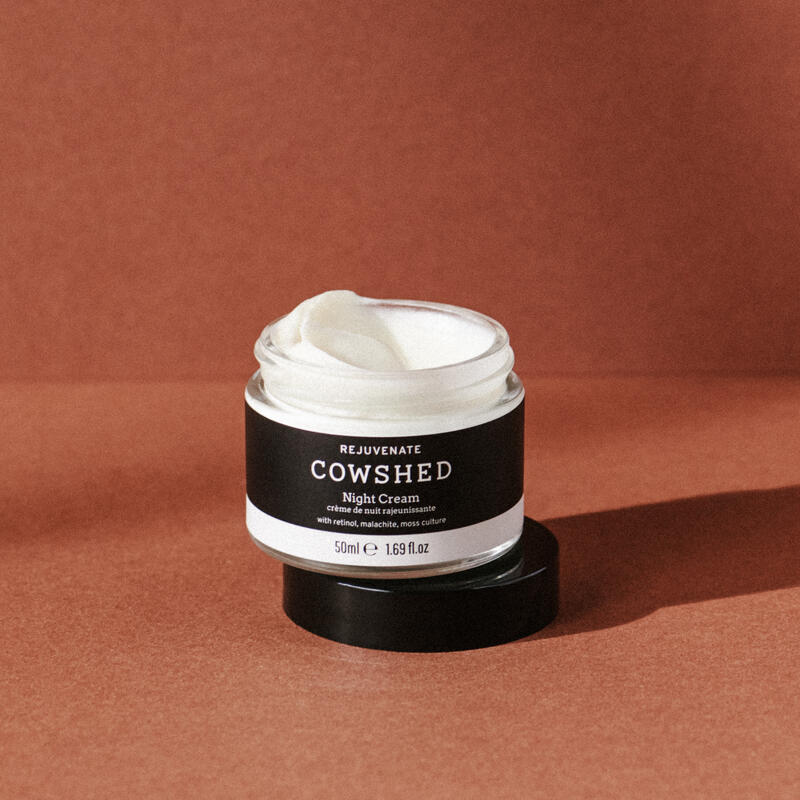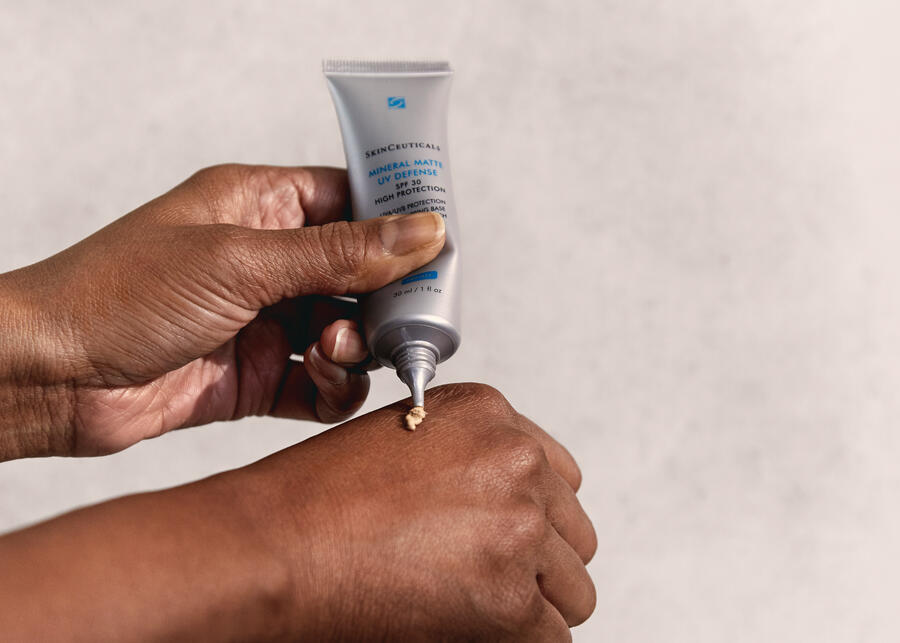Dermatologists agree that you can not only survive, but thrive, on three powerhouse products: Vitamin C, Retinol and sunscreen. That's not to say that other products and ingredients aren't useful, simply that they don't have the same long-term effects as this preventative and corrective trio.
What is retinol and how does it work?
Retinol is the gold standard in anti-ageing ingredients, working on everything from pigmentation and collagen production to texture and clarity. While it's tempting to start with a high dose in the hope of accelerating results, you must build up your skin's tolerance, otherwise you run the risk of irritation. Start with SkinCeuticals' Retinol 0.3%, applied after cleansing, and before moisturising, two to three times a week. When you've finished your first tube, you can progress to the 0.5% version three to four times a week, then to 1% daily.
It's important to note that things might get worse before they get better, so don't be alarmed if you experience peeling and flaking - your skin is simply adjusting. If you've got delicate skin, try Cowshed's Replenishing Night Cream, in which the Retinol is microencapsulated, slow release, and cushioned by nourishing Kukui Nut oil. And remember: Retinol in any form can make your skin more sensitive to sunlight, so it's imperative that you use it in conjunction with a high SPF sunscreen.


What are the benefits of Vitamin C in skincare?
Vitamin C is an antioxidant that's clinically proven to boost collagen production, brighten dull complexions, and lessen the appearance of pigmentation and sun spots, so everyone can benefit from using it.
SkinCeuticals' C E Ferulic Serum shields skin from environmental aggressors such as pollution and UV light, and helps to neutralise free-radical damage. This means it not only works to address damage already done, but helps prevent future harm too.
Vitamin C can also work alongside AHAs to reveal a brighter, more radiant complexion, as is the case with Cowshed's Exfoliating Daily Treatment Tonic. Contrary to popular belief, Vitamin C can be used in conjunction with Retinol, and should be applied in the morning, after cleansing and before moisturising. Unlike Retinol, there is no need to build up a tolerance to Vitamin C: it can be used every day, right from the start.


How does SPF protect the skin?
UV rays are present in all types of weather - even when it's grey and miserable - so no matter how thorough your skincare routine is, without sunscreen, you're not maximising the benefits.
SkinCeuticals offers both mineral and physical sunscreens, with broad-spectrum protection to help shield your skin from both UVA and UVB rays. Mineral formulas form a physical barrier, while chemical formulas absorb the sun's rays and diffuse them. If you've got sensitive skin, experts recommend mineral formulas, as they're less irritating - and regardless of which type you use, remember to apply it at least 15 minutes before you go out in the sun.
